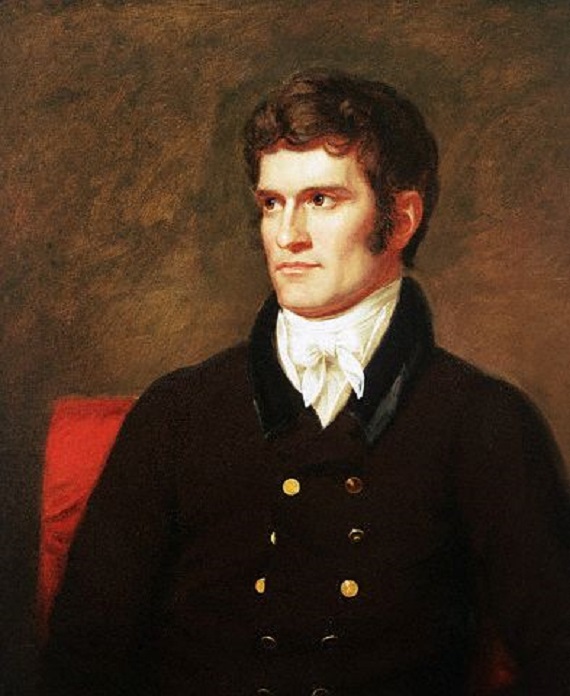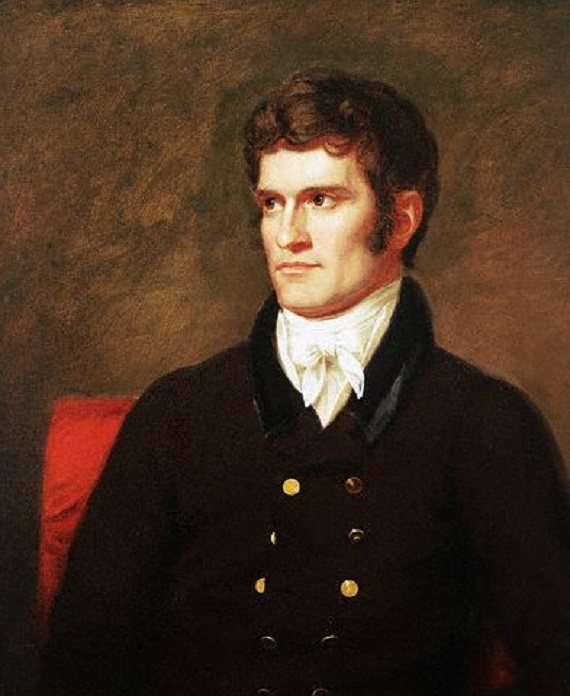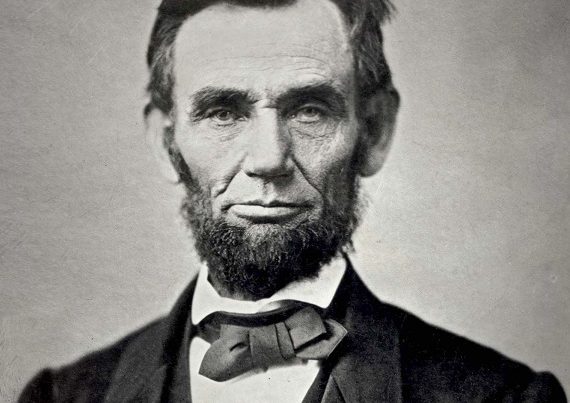
John C. Calhoun was the last eloquent political philosopher to stand against the ideology and intentions of the Federalists. He was the last to stand firmly in the halls of the Senate and articulate exactly what it would mean to allow power to become centralized under an unconstrained federal government.
He died in 1850. His words are ignored and personage vilified by the left, his very name and image are ever-more stripped from the public square. This is not news. It is interesting that 170 years after Calhouns’ last debate with Webster the Federalists continue their attacks on the man.
An article in The Federalist by John Daniel Davidson, The Ghost Of John C. Calhoun Haunts Today’s American Left, discussed how Jamelle Bouie, writing for the NYT 1619 project goes astray in tracing a 2011 Republican filibuster to John C. Calhoun and secession.
Davidson does a fair job of adding to the many voices that have demonstrated that the 1619 project is a preposterous piece of pseudo-academic rubbish. Davidson, echoing the view of numerous historians, stated: “It’s impossible to understand The New York Times’ 1619 Project as anything but sweeping historical revisionism in the service of contemporary left-wing politics.”
Davidson is spot on it the errors of the 1619 project but he quickly launches into error of his own.
Consider Bouie’s treatment of Calhoun, a figure the left desperately wants to associate with Republicans but whose legacy is alive today nowhere so much as in the far-left wing of the Democratic Party. Bouie either ignores or is unaware of how Calhoun’s political thought sharply deviates from that of the American Founders.
Davidson, by his very statement, would exclude from the list of ‘Founding Fathers’ men like George Mason, Samuel Adams, Thomas Jefferson, Patrick Henry, Richard Henry Lee, Robert Yates, James Monroe, and many others. If we accept Davidson’s argument there was only one group of founders, Federalist. That is absurd. The Federalist were many, they were active, they went to great lengths to get certain elements into the Constitution – writing many words to the public explaining why certain elements would simply never materialize into the fears the Anti-Federalist raised; many of which became reality. However, to claim that all of the Founders held some sort of lock-step view of government and the form of government created in the late 1780s is neither honest nor accurate.
To paint Calhoun as a man that single-handedly came up with the idea that the Republic should be more decentralized, that Federal power should be checked not only by the institutions of the Federal government itself but by the will of the people through their states is plainly inaccurate. These were not novel and new ideas that Calhoun expressed, these were Anti-federalist ideas, these were ideas much truer to an accurate definition of federalism than the nationalist, statist, centralized idea that became the Federalist position.
The Anti-federalist position, as proven by what has become of the Republic, was the only true, realistic and conservative position in 1788. The Federalist position, as evidenced by history, turned out to be totalitarian in nature, it is the power behind progressivism, it was from the start the seeds of the eventual destruction of the Republic; debt, discord, endless wars, less liberty. One simply could not have enacted the federal income tax, the New Deal, social security and all the enormous government and taxation that came from that without the Federalist position winning out.
But, it did not win out the moment the Constitution was ratified. The founders were not all Federalists. America spent the next 70 years debating the issue. Federalism did not win until Lincoln made war on Americans that disagreed with his statist view of the world. Davidson rolls out the troupe that that war was was certainly not about States’ Rights, it was about slavery. In that his is also wrong, it was about the rights of States, even to the extent to hold a wrong position about slavery. History is more complex than a cliche.
Davidson does not stop there it seems. In a previous article, The Confederacy Still Lingers Within The Progressivism That Birthed It, he argues that the Confederacy was more centralized than many nostalgically believe. He is correct in this, the Confederacy indeed ran state-controlled armament factories and introduced the draft to North America. But, Calhoun died a decade before the Confederacy set up shop.
Nonetheless, he turns his attention back to Calhoun, making the bold statement that “John C. Calhoun sowed modern progressivism”. He quotes Harry V. Jaffa who wrote: “that Calhoun’s theory was the antithesis of the Founders’ and Abraham Lincoln’s understanding of the Constitution.” Jaffa, hardly a traditional conservative or correct thinker, a man who’s influence gave us Neoconservatism and three decades of geopolitical turmoil and war. Yes, Mr. Davidson, Calhoun had a different view of the Constitution, opposed the Federalist camp among the Founders and very much opposed to that of Lincoln. But his view was not in opposition to all Founders, and not even in disagreement with what most ordinary citizens believed they were getting when the Constitution was ratified. Russell Kirk already put this issue to rest with your hero Jaffa.
As George P. Fletcher points out in Our Secret Constitution: How Lincoln Redefined American Democracy we essentially had a second constitution after 1865 based upon “organic nationhood, equality of all persons, and popular democracy” concepts different and opposed to those of our first constitution which promulgated “peoplehood as a voluntary association, individual freedom, and republicanism”.(G. P. Fletcher 2003)(The Philosophy of Commonsense) Federalist protestations to the contrary, the redefined Federalist version of the United States was not always a foregone conclusion and it was never the universal view held by all the Founders.
That this debate was so strong is evidenced by the fact that it required war and several hundred thousand deaths for one side to win – any rational person that reads history surely recognizes that there was something more foundational at issue than just slavery for events to lead to that. (See this article posted at the Abbeville Instutute just today as one example)
Calhoun, despite his flaws, despite the fact that the rights he defended are offensive to our modern sensibilities, despite all that, Calhoun was right on some important foundational issues. Progressivism could never have raised its head to expand government without the efforts of the Federalists from 1788-1870; no federal income tax, no prohibition and the resultant birth of organized crime, no New Deal, no dysfunction of government at the Federal level (because the Federal government would matter a lot less) no massive debt, no tariffs, no endless wars. This is the legacy of the Federalists.
Mr. Davidson, if you want a reason why progressivism has turned the US into a proto-socialist state and why everything around us just seems wrong – look to the Federalist heritage.
This piece was originally published at The Calhoun Institute.






